Into Practice, a biweekly communication distributed from the Office of the Vice Provost for Advances in Learning to active instructors during the academic year was inspired by a successful 2012 HILT grant project. The e-letter highlights the pedagogical practices of individual faculty members from across Schools and delivers timely, evidence-based teaching advice, contributing to and strengthening a University-wide community of practice around teaching.
Below is a catalog of all the Into Practice issues sorted by the publication date. To subscribe to Into Practice, please sign-up via our Mailing List page.
-

One person’s story as entry to complex historical issues
Gabriela Soto Laveaga, Professor of the History of Science, illustrates how combining nineteenth century documents with oral histories can help unpack complex current issues and disrupt certain assumptions on topics such as undocumented border crossings, addiction, and disease along our southern border.
-

The merits of an equal basis of ignorance
Giovanni Parmigiani, Professor of Biostatistics, selects new scientific articles as well as opinion pieces for freshman seminar course FRSEMR 22H – My Genes and Cancer to discuss in-the-moment scientific discoveries in genetics research, and encourages students to also recommend topics of interest.
-
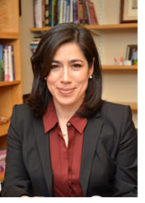
Working with local communities to engage with global issues
María Luisa Parra-Velasco, Senior Preceptor in Romance Languages and Literatures, requires her advanced Spanish language learners in Spanish 59: Spanish and the Community to complete four hours a week of engaged scholarship with local organizations as part of their language learning experience.
-
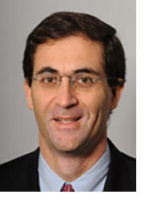
Cultivating the skill and the orientation to listen
Joshua Margolis, James Dinan and Elizabeth Miller Professor of Business Administration, demands of himself intensive listening while teaching, and asks the same from students: “When I listen really carefully it allows me to push students hard and help them see what they have within themselves.”
-

A balancing act: Making established courses your own
Karin Öberg, Thomas D. Cabot Associate Professor of Astronomy, taught departmental introductory course Stellar and Planetary Astronomy in 2016 by building on established material and modifying the curriculum using student feedback and her own observational assessment.
-
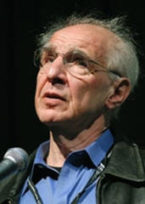
Engaging students in a course postmortem dialogue
Alfred Guzzetti, Osgood Hooker Professor of Visual Arts, dedicates the final session of VES 52R: Introduction to Non-Fiction Videomaking—where students spend the term creating one nonfiction film on a subject of their choosing—to a class-wide postmortem discussion about all course elements.
-
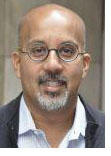
Perspective-taking and humility training with medical case studies
Dr. Sadath Sayeed, Assistant Professor of Global Health and Social Medicine, introduces issues of ethical reasoning in medicine (e.g., confidentiality, professional boundaries, conflicts of interest, informed consent) with hypothetical cases and vignettes.
-

Leveraging individual strengths in collaborative projects
Jie Li, Assistant Professor of East Asian Languages and Civilizations, provides students with multiple opportunities to collaborate in General Education course AI 63 East Asian Cinema.
-

Difficult topics: Seeking and considering alternative viewpoints in the classroom
Meira Levinson, Professor of Education, develops case studies about difficult questions in educational ethics—for example, grade inflation, charter schools, and policies that disproportionately impact low-income students of color—for A203 Educational Justice students to debate and discuss the ethical dimensions of educational practice and policy.
-
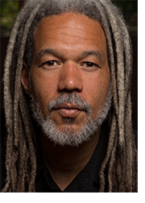
Creative projects: Interpreting history through various media
Vincent Brown, Charles Warren Professor of American History and Professor of African and African American Studies, trains students to interpret history through various media including graphics, data visualizations, videos, and art installations.

